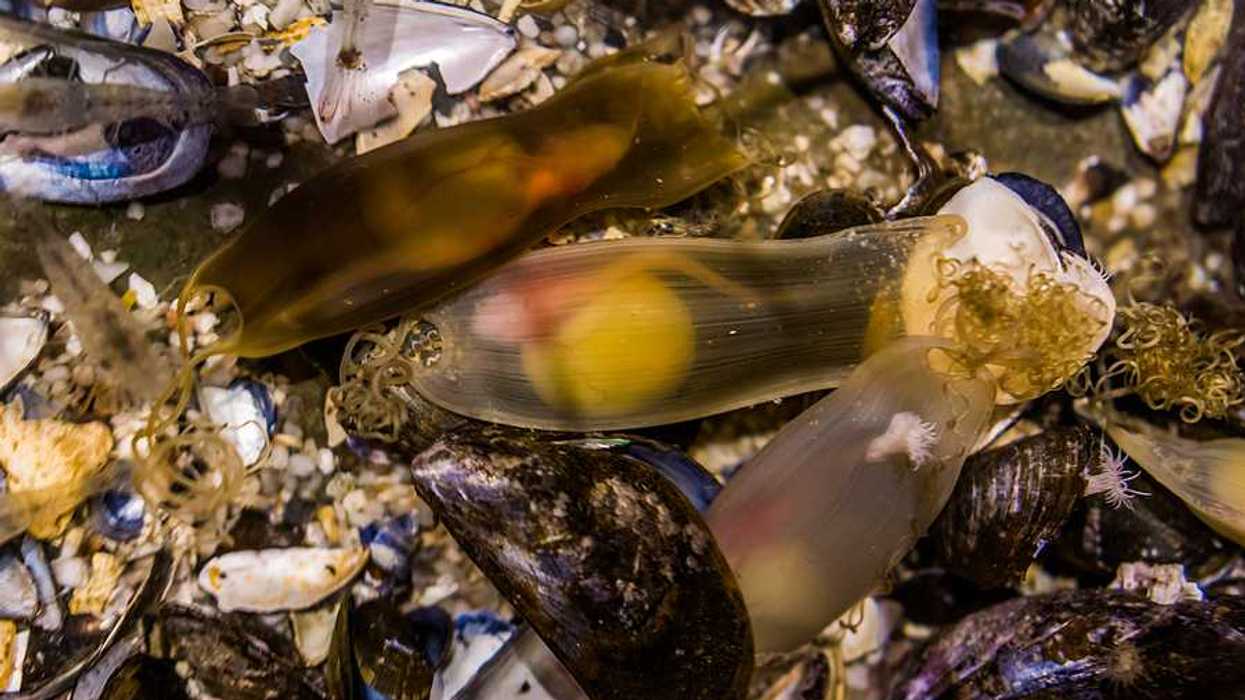A study published in Environmental Health Perspectives found that exposing young mice to a common persistent organic pollutant (POP) causes long-lasting changes to the gut microbiota and health effects later in life.
In short:
- The health effects included higher body weight despite no increase in food intake, fatty liver, and early signs of diabetes.
- Transferring the gut microbiota from exposed mice to germ-free, unexposed mice resulted in some of the same health effects, showing the importance of the gut microbiota.
- A probiotic reversed the health effects in the germ-free mice.
Key quote:
“Our work in mice demonstrates that early life exposure to an environmental pollutant may increase the risk of metabolic disorders later in life through disruption of the gut microbiome.”
Why this matters:
Humans are exposed to persistent organic pollutants (POPs) primarily through meat, fish, and dairy products, as well as in the womb and in early life via formula or breastmilk. Numerous studies show that these and other chemicals can affect the gut microbiota, and that the gut microbiota are linked to various health outcomes, including diabetes and obesity.
Related EHN coverage:
- Op-ed: Untangling the causes of obesity
- In a scientific first, researchers gave people BPA — and saw a link to precursor of type 2 diabetes
- How do microplastics impact our gut health?
More resources: The Diabetes and Environment website summarizes research on chemicals and other environmental factors related to diabetes and obesity. This includes pages summarizing studies on POPs and a section on the gut and environmental chemicals.
Tian, Yuan et al. for Environmental Health Perspectives. Aug. 14, 2024
- BPA exposure may impact diabetes risk, even at “safe” doses ›
- Bisphenol exposure and Type 2 Diabetes: New evidence for a potential risk factor ›

















